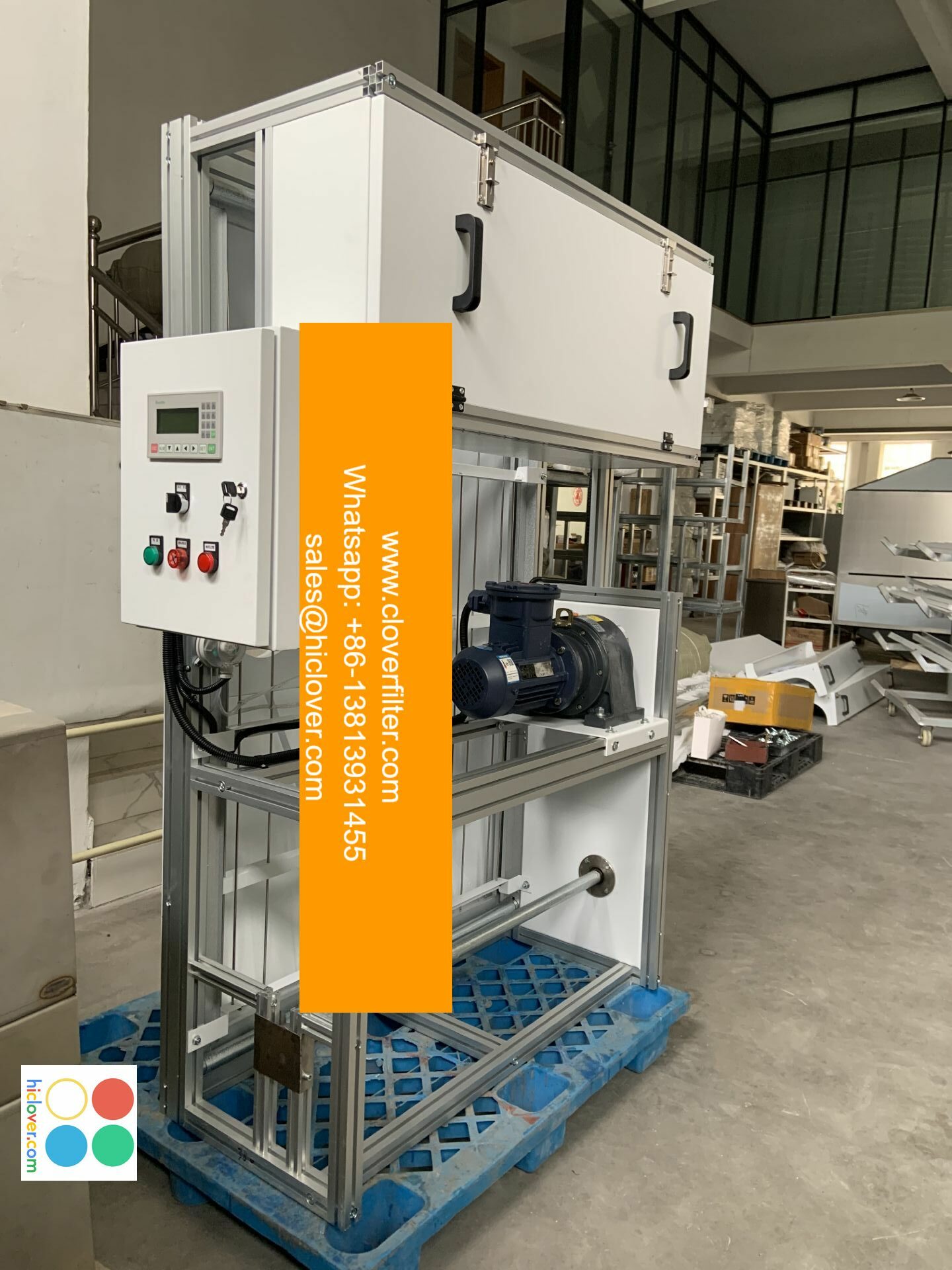The Best Air Filters for Smokers: What to Look for

As a smoker, it’s essential to have a good air filter in your home to remove smoke particles, odors, and other pollutants from the air. Not only can this improve indoor air quality, but it can also help reduce the risks associated with secondhand smoke. In this article, we’ll discuss the key features to look for in an air filter for smokers, highlighting various application areas and smoke removal technologies.
Types of Air Filters for Smokers
When it comes to choosing an air filter for smokers, there are several types to consider, including HEPA air purifiers, activated carbon filters, and ionic air cleaners. Each type has its own unique benefits and drawbacks, and some may be more suitable for certain application areas, such as home air filtration, commercial air cleaning, or vehicle air purification.
HEPA Air Purifiers
HEPA (High Efficiency Particulate Air) filters are a popular choice for smokers, as they can capture up to 99.97% of particles as small as 0.3 microns, including smoke particles, dust, and pollen. Look for a HEPA air purifier with a high CADR (clean air delivery rate) to ensure it can effectively remove smoke and other pollutants from the air.
Activated Carbon Filters
Activated carbon filters are designed to capture gases and odors, making them an excellent choice for smokers who want to eliminate smoke odors and other volatile organic compounds (VOCs). These filters are often used in combination with HEPA filters to provide comprehensive air cleaning and odor removal.
Ionizing Air Cleaners
Ionizing air cleaners use negative ions to attract and trap smoke particles and other pollutants, making them a popular choice for smokers who want a low-maintenance and energy-efficient air cleaning solution. However, some ionizing air cleaners can produce ozone as a byproduct, which can be harmful to human health.
Key Features to Look for in an Air Filter for Smokers
When selecting an air filter for smokers, there are several key features to consider, including:
* Filter type: Look for a filter that is specifically designed to capture smoke particles and odors.
* CADR: Choose a filter with a high CADR to ensure it can effectively remove smoke and other pollutants from the air.
* Filter replacement costs: Consider the cost of replacing the filter and how often it needs to be replaced.
* Energy efficiency: Look for a filter that is energy-efficient and won’t increase your electricity bills.
* Noise level: If you plan to use the filter in a bedroom or living room, look for one that is quiet and won’t disturb you.
Application Areas for Air Filters for Smokers
Air filters for smokers can be used in a variety of application areas, including:
* Home air filtration: Use an air filter to remove smoke and other pollutants from the air in your home.
* Commercial air cleaning: Install an air filter in your office or business to improve indoor air quality and reduce the risks associated with secondhand smoke.
* Vehicle air purification: Use a portable air filter to remove smoke and other pollutants from the air in your car or truck.
In conclusion, choosing the right air filter for smokers can be a daunting task, but by considering the key features and application areas discussed in this article, you can find an effective solution to remove smoke particles, odors, and other pollutants from the air. Remember to look for a filter that is specifically designed to capture smoke particles and odors, and has a high CADR to ensure it can effectively remove pollutants from the air. You haven’t asked a question or provided any context. What would you like to talk about or ask? I’ll do my best to help.

